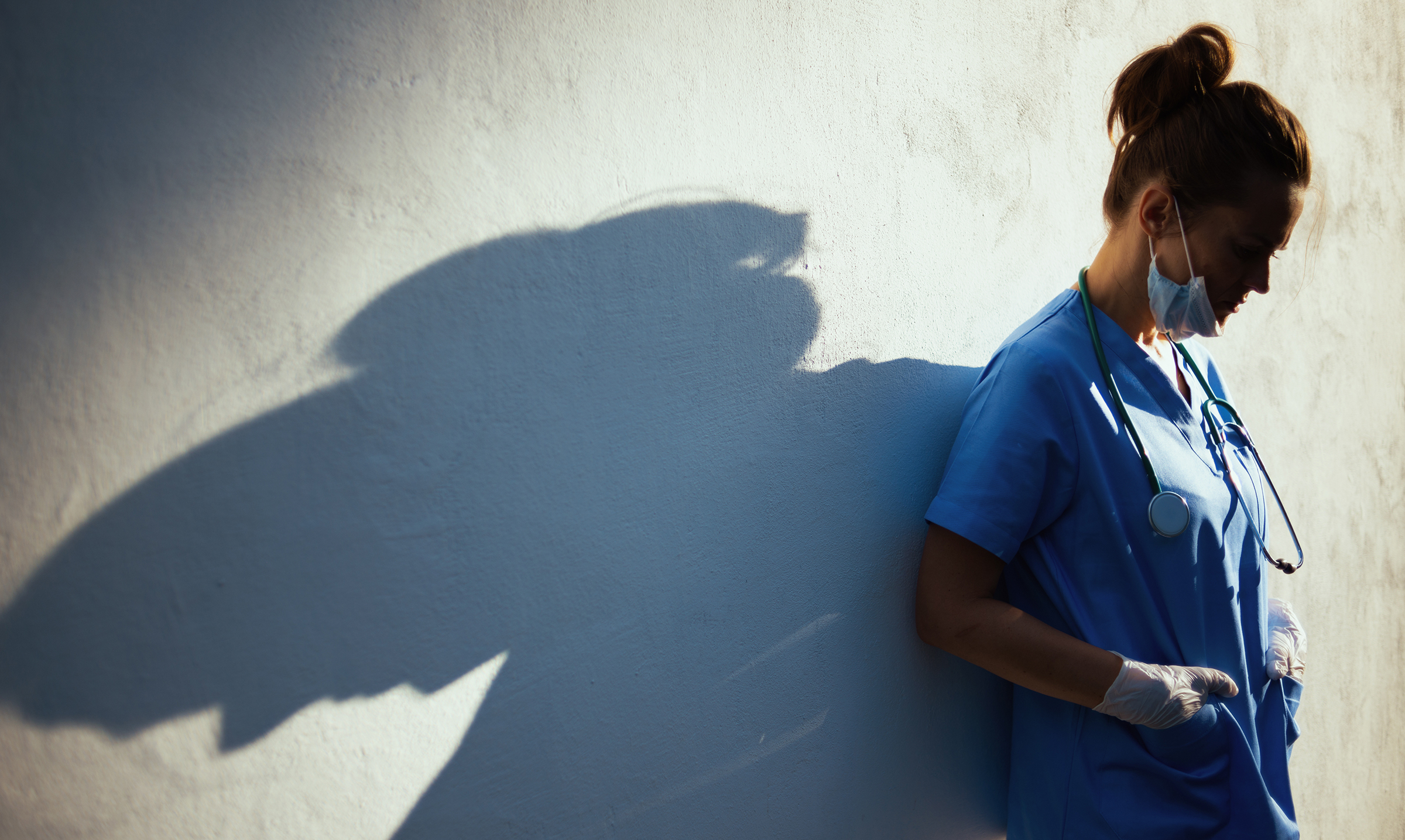This site may not work properly using older versions of Edge and Internet Explorer. You should upgrade your browser to the latest Chrome, Firefox, Edge, Safari, or any other modern browser of your choice. Click here for more information.
Your Stories
This is where we tell your stories, cover topical issues and promote meaningful initiatives.
Another day, another lockdown: Coping with pandemic fatigue
We take a look at pandemic fatigue affecting the Australian health care workforce and outline how to cope.
There is currently so much confusion out there about the pros and cons of vaccines; the different lockdown rules or restrictions for each state; the different rules for different Local Government Areas within states; and even about the basic infection control procedures that we thought would be widely known by now.
Hard workers are having to cancel their well-deserved leave because replacement staff from other states are unable to get in.
Is it any wonder the health workforce is exhausted and experiencing pandemic fatigue?
The World Health Organisation has defined pandemic fatigue as “feeling demotivated about following recommended behaviours to protect ourselves and others from the virus”. This, in turn, is leading to a decline in compliance with public health advice and mitigation behaviours.
Scientific American have published an interesting article about how pandemic fatigue works and the mental costs of following these mitigation strategies and multitasking. You can read it here.
In relation to information about the virus, we need to listen to advice that is evidence-based and from a trusted source.
There are also a few things we can do to support our mental health during these trying times1.
- Recognise the signs of pandemic fatigue. Be aware that you are feeling tired even with adequate sleep.
- Find ways to stay connected. Ring friends and family or play one of the numerous computer/phone games that friends can do together.
- Create a schedule. Incorporate routine activities such self-care behaviours for a sense of achievement and so that you feel more in control.
- Limit time on social media. This medium may include increasingly negative or inappropriate responses from ‘keyboard warriors’ that increase our anxiety or anger.
- Maintain hope. Understand that you are emotionally, psychologically, socially and spiritually tired, and that’s okay. Believe that things will get better in the future.
- Seek mental health support. The loss of social connection can have profound effects and these feelings are completely normal and common. Contact the Bush Support Line on 1800 805 391 for a free and confidential chat with one of our psychologists about how you are affected.
Pandemic fatigue is real. It will affect us all differently as we all have a unique set of challenges we are experiencing. Acknowledging this can help. Please get support if you feel you need a hand.
CRANAplus is here for you.
Take care.
Helpful links with more information
Australian Psychological Society “Managing Lockdown Fatigue”
Government of Western Australia “COVID-19: Managing Modified Rosters and Fatigue” (although developed for the mining industry, this resource has some excellent generic information and tips)
Australian Government: National Mental Health Commission: “#GettingThroughThisTogether: Supporting our mental health during COVID-19”
World Health Organisation: “Pandemic fatigue Reinvigorating the public to prevent COVID-19”
Centre for Disease Control “Employees: How to Cope with Job stress and Build Resilience During the COVID-19 Pandemic”
1Berg, S (2021) What Doctors wish Patients knew about pandemic fatigue. American Medical Association. Retrieved 01 July 2021 at https://www.ama-assn.org/delivering-care/public-health/what-doctors-wish-patients-knew-about-pandemic-fatigue
